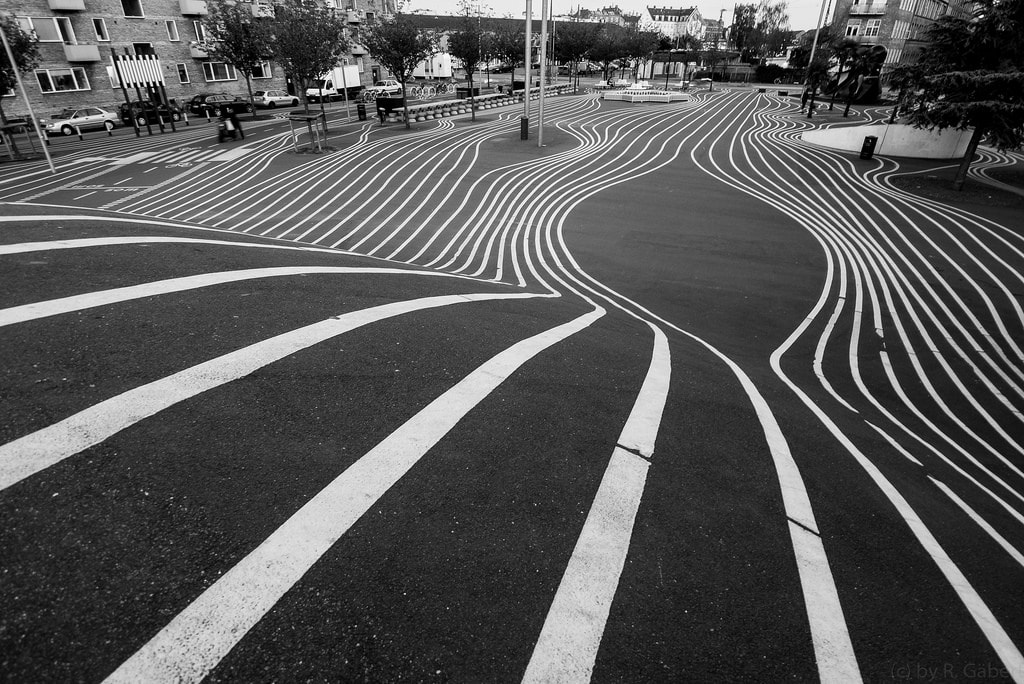As usual, there is no clear answer to this as the reply will not only be highly personal (depending on requirements, mental state and ability to see beyond what’s there) but also true for a limited time only. Quite apart from changing requirements we have ourselves, there are different personalities to take into account. It has often been said that there is value in ‘creative disorder’ and I believe that this can be true for some, but most certainly not the majority, of those who come under the heading of ‘creative’. I have met creatives with highly organised work spaces, and office workers with no sense of organisation whatsoever and either of them could be highly productive and functional (some, sadly, were completely unproductive on both sides). In light of the knowledge that one person’s ‘organised’ is the next person’s ‘cluttered’, maybe we are asking the wrong question altogether! Maybe what we should be looking for is not the level of organisation but the level of usefulness to the person working in that space? Don’t get me wrong: if that space is shared with others there has to be a minimum of organisation, if only to keep those people from going totally bonkers. So let’s take a look at the mindset of someone in their own private space. Each one of us needs to feel comfortable in their environment, be it a workplace or a private home. I believe that we all do our best to maintain that environment in a workable balance and it only feels cluttered or devoid of personality if that balance is no longer there. And this is where things can go one of two ways: either we are able to restore that balance, or we are not. It all depends if at that time we are physically and mentally available enough to make the effort and bring things back in line. If we can’t do that, things will continue to go downhill and become worse over time. And this is where a more organised environment is helpful: a shift in the balance will be very obvious in a generally organised space, while a certain level of ‘creative chaos’ suits itself to hide the bits that are starting to go wrong. In a more organised space, others may comment on the sliding standards, where slippage in a more chaotic space may not even be noticed by anyone, including the person themselves. That said, I strongly believe that many of those thriving in a less organised space might be aware of the shift in balance, too. Their general disposition just makes it less likely that they will realise it and do something about it, though. As long as the space or mindset remains useful and fit for purpose, there is nothing wrong with a certain level of disorganisation. Just as long as it doesn’t have a negative effect on you. And for most of us – bar those with mental issues – it will be painfully obvious that something is wrong and what we need to do about it. In that case there is a choice: take a moment to sort it out or keep being unhappy about it. My advice is: take stock regularly, both in your physical space and your mental space. If you find something that is not quite right, take pains to rectify the wrong bits and redirect the approach so you return to the best place you can be in. Organised or not. If you have enjoyed reading this, you may find these other articles interesting: Comments are closed.
|
Ask the ClutterMeisterIdeas to help clear away the mess in your homes and in your minds.
Feel free to share any of my posts, but please put in a backlink to the original blog post. Thank you. The author
Hi, my name is Tilo Flache. My mission: help clients declutter mind and space.
This blog contains pointers for your journey towards a happier living experience. Archives
November 2023
|



 RSS Feed
RSS Feed




